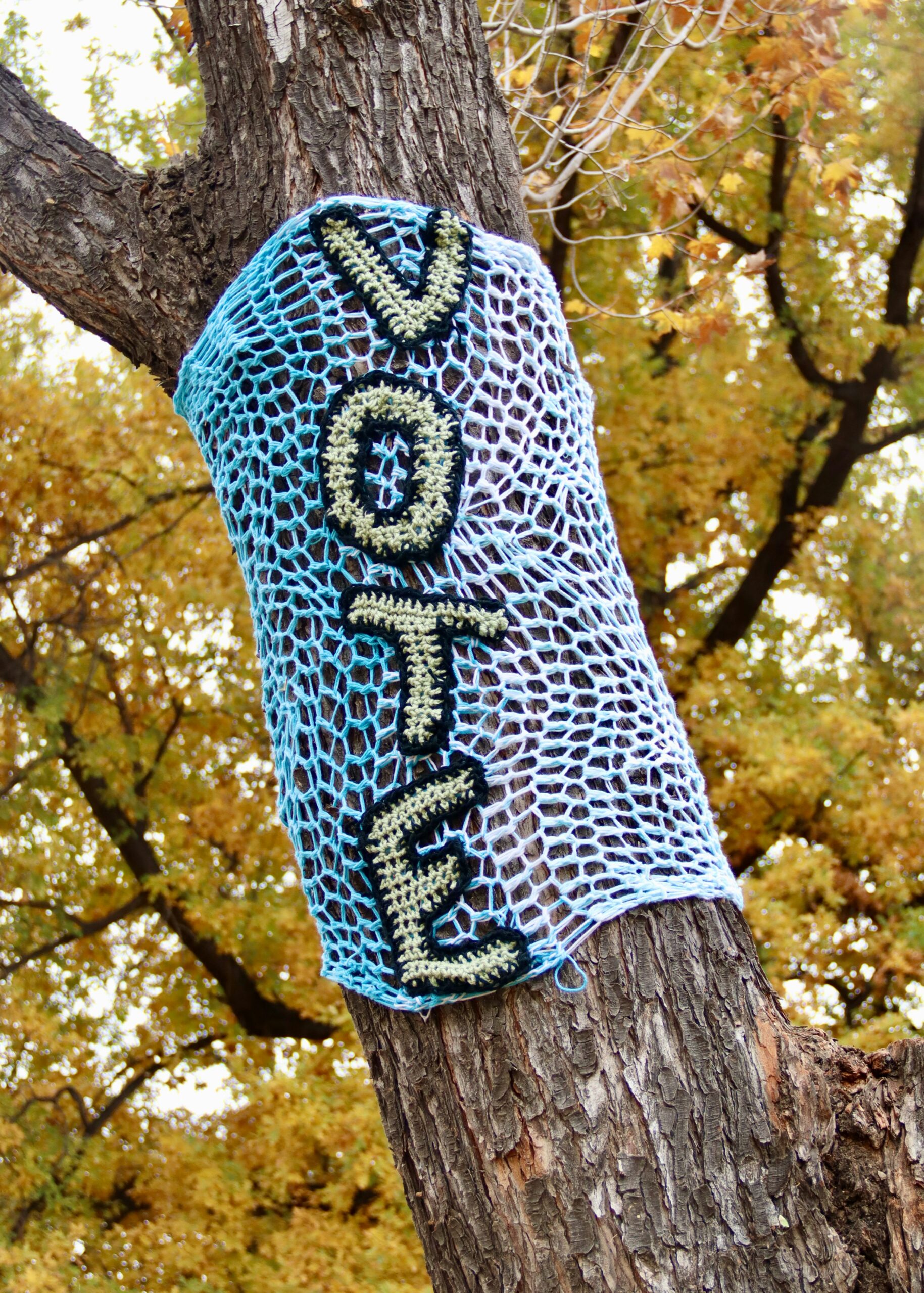
Essay ‘Un-Contest’ on Peaceful Elections
The War Prevention Initiative (WPI) is seeking submissions for an essay “un-contest” on peaceful elections.

Perspectives on Feminist Foreign Policy: Revealing New Narratives, Challenging The Status Quo
Read our summary report of our feminist foreign policy essay “un-contest” where we published 11 essays from emerging thought leaders around the world.

Selected Essays Announced in Feminist Foreign Policy Essay “Un-Contest”
The War Prevention Initiative is pleased to announce 11 essays on feminist foreign policy selected for publication.
War Prevention Initiative Condemns Political Violence
For immediate release July 14, 2024 PORTLAND, OR – The War Prevention Initiative strongly condemns political violence. The assassination attempt that killed one spectator and caused critical injuries to others at a Trump rally in Butler, Pennsylvania, is unacceptable. Violence does not solve political disputes or contribute to a stronger democracy. Only by showing compassion … Read more

War Diminishes Global Economic Growth
War is expensive and destructive, affecting long-term economic growth through population changes, fewer investments, and worsening educational outcomes.

Functional Coexistence to Manage Conflicts in a State of Nonresolution
A decades-long process of conflict intervention reveals that conditions that appear to be unchangeable can change over time, even in conflicts with no resolution in sight and where no mutual recognition exists between parties.

Local Peace Agreements as a Means to Dissolving Armed Conflict
Armed conflict and peacemaking are best understood not in terms of a hierarchical relationship between local and national levels but instead as a “mesh” of different “conflictscapes.”
Building Peace through Sport in Northern Ireland and Korea
In this essay, the authors are interested in how sport can be harnessed as a tool of peacebuilding, with a specific focus on Northern Ireland and Korea.

A Feminist Critique of Military Heritage
Gender and sexuality norms are employed at military heritage sites to reinforce traditional national security thinking on the necessity of protecting territory through military force.

Time and Counterinsurgency’s Failures
Using the lens of time to analyze counterinsurgency (COIN) reveals its colonial heritage but also makes evident paradoxes and tensions within COIN doctrine that clarify why it repeatedly fails to serve U.S. interests.

Shiny Feminism
In this essay, Margherita Sofia Zambelli calls out “shiny feminism” and offers a set of questions, as tools, to analyze whether feminist foreign policies contribute to transformative change.

How to Better Define a Feminist Foreign Policy
In this essay, Padmini Das offers three strategies for how to better define and implement a feminist foreign policy.

The Silencing of Afghan Women in the Peace and Reintegration Process
Despite international calls for women’s inclusion, Afghan women have played a very limited role in the peace process—highlighting the lack of importance assigned to women’s experiences by both Afghan society and the international community.

From the Cuban Missile Crisis to Russia’s War in Ukraine: Strategic Empathy as Feminist Foreign Policy
In this essay, Samara Shaz outlines how a feminist foreign policy should replace brinkmanship with strategic empathy in order to end wars and prevent further loss of human life.
